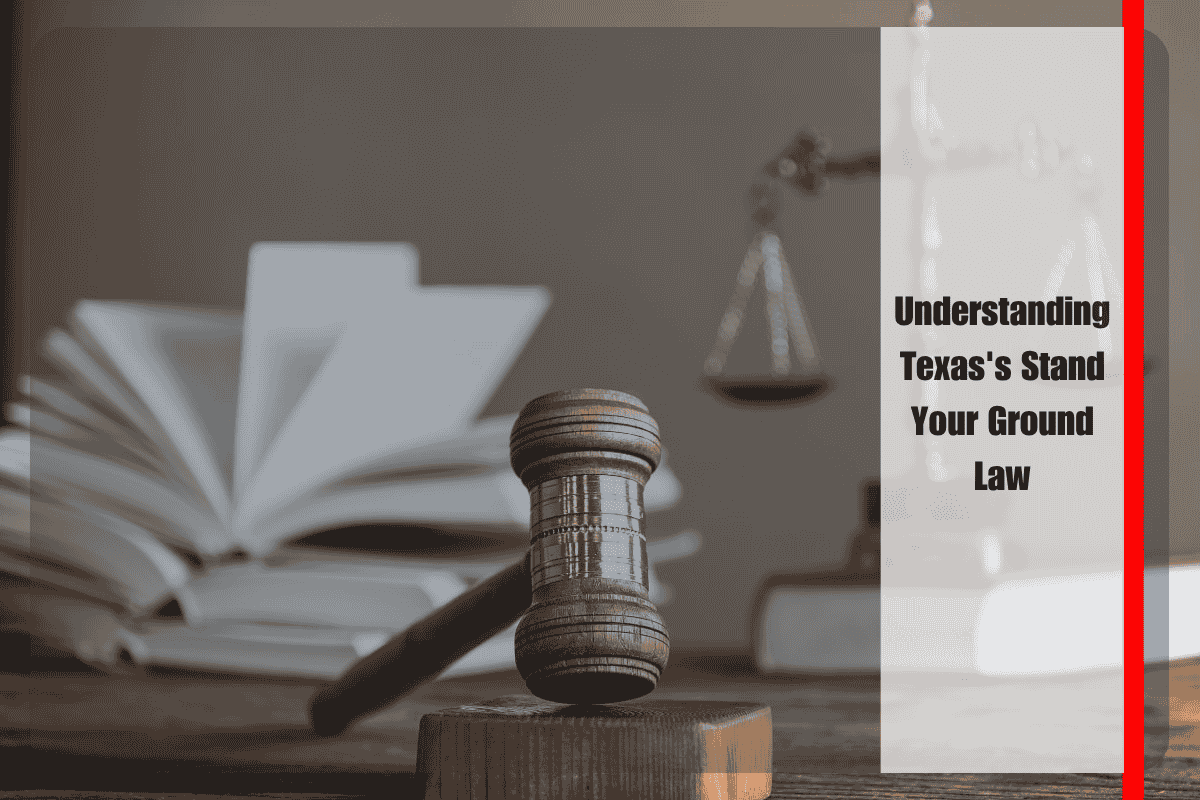Understanding Texas’s Stand Your Ground law is essential for residents and visitors alike, as it defines the legal circumstances under which a person may use force—including deadly force—to defend themselves or others. Texas law, in particular, is recognized for its strong protections of an individual’s right to self-defense, and the state’s Stand Your Ground provision is a significant part of this legal landscape. The Stand Your Ground law in Texas is often discussed alongside the Castle Doctrine, but while the two share some similarities, they are distinct in their application and scope.
At its core, Texas’s Stand Your Ground law removes the legal obligation for a person to retreat from a threatening situation before resorting to force in self-defense. This means that if you are in a place where you have a lawful right to be—whether it is your home, a public park, a business, or any other location—you are not required to attempt to escape or remove yourself from danger before defending yourself. The law applies as long as you are not engaged in any illegal activity at the time of the incident and did not provoke the confrontation.
For the use of force to be legally justified under Texas’s Stand Your Ground law, you must have a reasonable belief that force is immediately necessary to protect yourself or another person from the use or attempted use of unlawful force by another individual. The law emphasizes that the belief must be reasonable under the circumstances, meaning that an objective observer would also see the threat as credible and imminent. The amount of force used must also be proportional to the threat. For example, using deadly force is only justified if you reasonably believe that deadly force is being used or threatened against you or another person. Using excessive force—such as responding to a non-lethal threat with deadly force—can result in criminal charges.
Texas’s Stand Your Ground law is not an absolute license to use force in any situation. It does not protect those who provoke a confrontation or are engaged in criminal activity at the time of the incident. Additionally, the law does not shield individuals who use force as retaliation or punishment after a threat has ended. Self-defense under Texas law is considered a complete defense, meaning that if all legal conditions are met, a person can be absolved of criminal liability for their actions. However, each case is evaluated based on its specific facts and circumstances, and courts will closely scrutinize the defendant’s perception of the threat and the reasonableness of their response.
It is important to note that Texas’s Stand Your Ground law applies anywhere a person has a legal right to be, not just in their home or vehicle. This broader application distinguishes it from the Castle Doctrine, which specifically protects individuals who use force to defend their home, vehicle, or workplace. Both doctrines share the principle that there is no duty to retreat, but Stand Your Ground extends this protection to public spaces as well.
Texas’s Stand Your Ground law provides robust legal protection for individuals who use force in self-defense, as long as they are lawfully present, have not provoked the confrontation, and use force that is reasonable and proportional to the threat faced. The law is designed to balance personal safety with legal responsibility, ensuring that individuals can protect themselves and others without fear of criminal prosecution when acting in good faith and within the bounds of the law. Understanding these legal principles is crucial for anyone residing in or visiting Texas, as it informs both personal safety decisions and legal expectations in potentially dangerous situations.
Sources
[1] https://www.brettpritchardlaw.com/blog/2025/january/understanding-self-defense-laws-in-texas/
[2] https://guides.sll.texas.gov/gun-laws/stand-your-ground
[3] https://sharpcriminalattorney.com/criminal-defense-guides/texas-self-defense-law/
[4] https://www.ncsl.org/civil-and-criminal-justice/self-defense-and-stand-your-ground
[5] https://austinhageelaw.com/legal-blog/stand-your-ground-law-tx/












